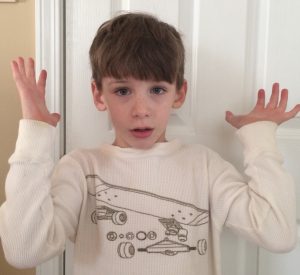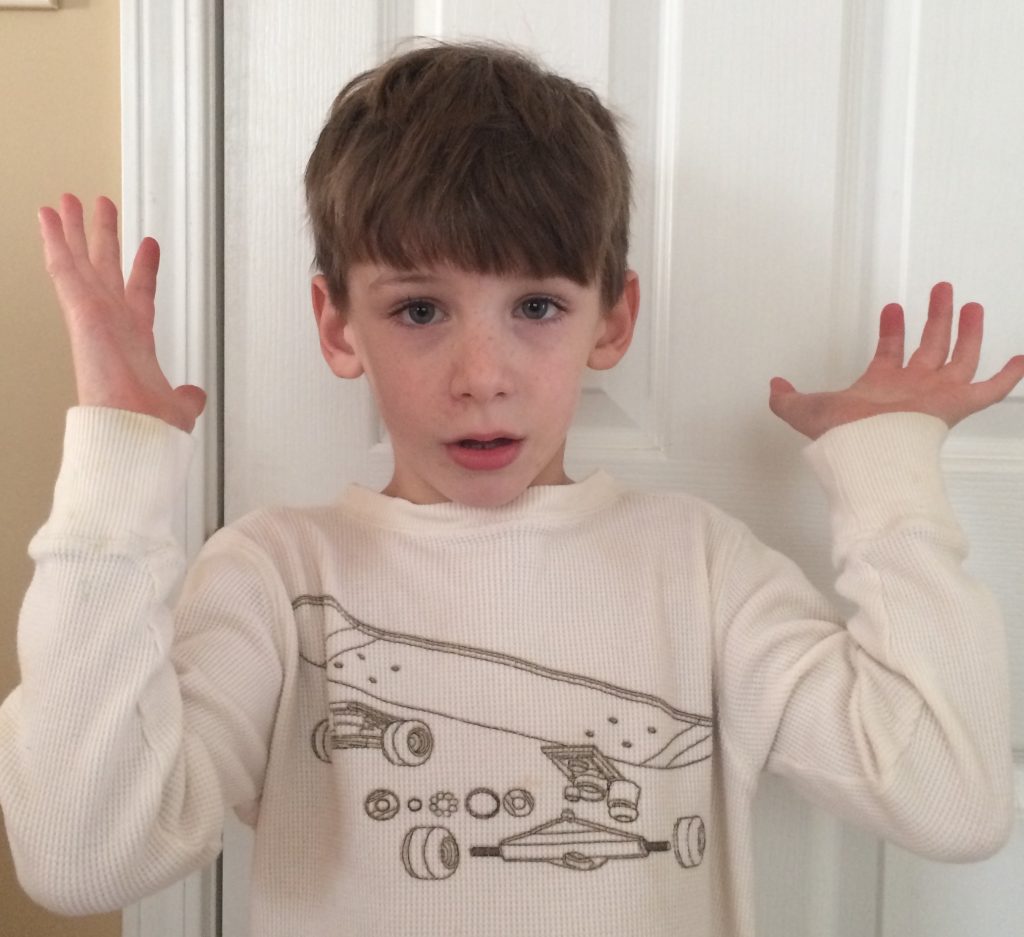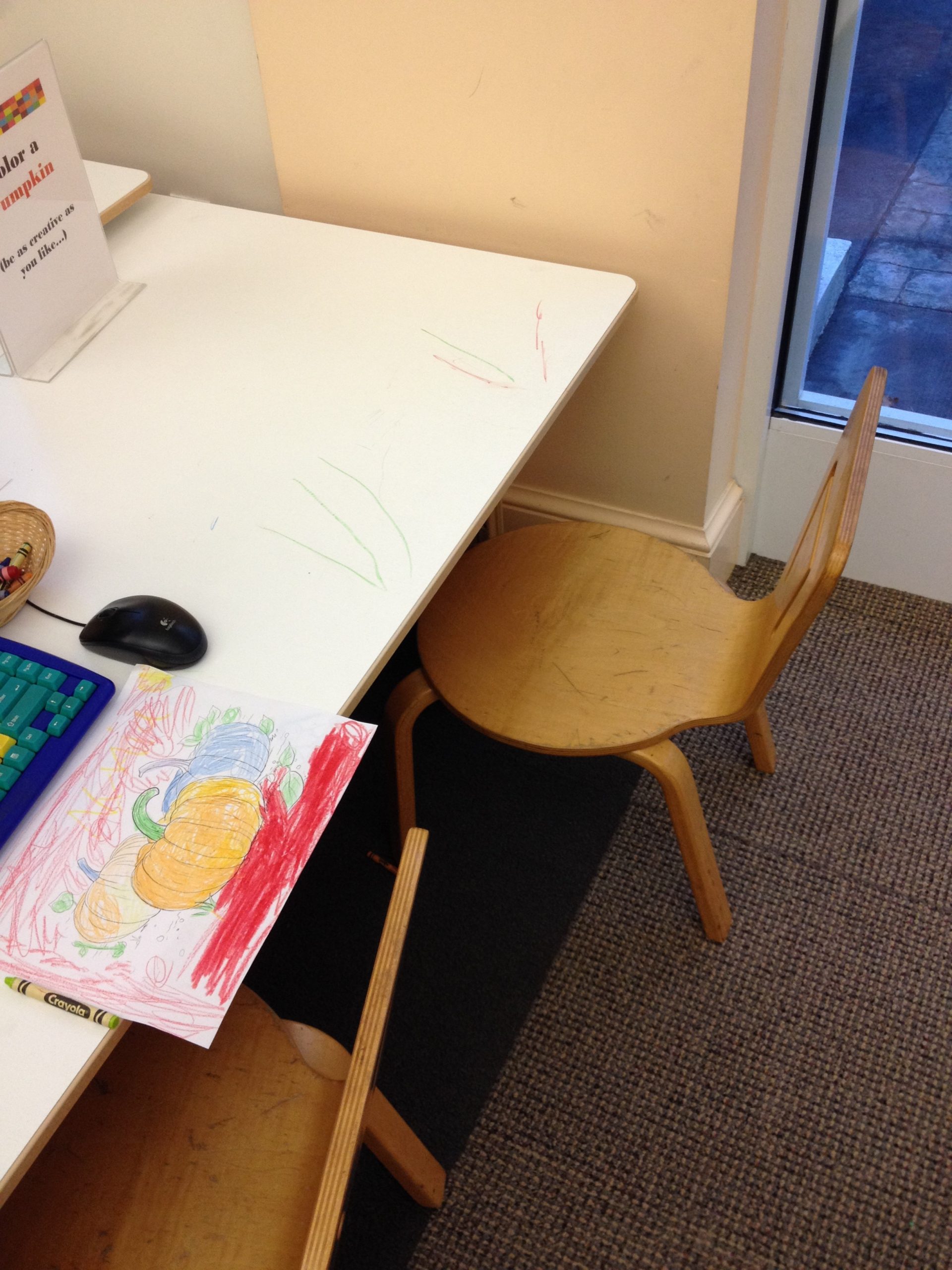Sarcasm may be acceptable in some situations. But, not in the classroom. Some teachers and parents use sarcasm. However, in the classroom many students don’t understand sarcastic comments. And, students will not admit they do not understand. Therefore, experts claim it is best to focus on positive interactions and comments. Because, the positive builds relationships with students.
Teachers have to avoid sarcasm. Excellent teachers have a keen sense of humor without using sarcastic remarks. They warmly address their students. They give students the needed attention along with enthusiasm for instruction and guidance.
Sarcasm And Students

Poor teachers have a poor work ethic. They use sarcasm in the classroom. Therefore, it becomes a nightmare for students, parents and the rest of the school community. Social and emotional development is important in a student’s development. So, sarcastic remarks have no room in a child’s development. Because, it causes confusion. Furthermore, it is a form of verbal abuse. It is often considered to be a sugar coated hostility in the disguise of a joke. In other words, it is passive aggressive behavior. Which in turn, damages a child’s self-esteem.
• First, don’t nickname students. And, do not mispronounce their names.
• Next, do not point out a child’s personal traits or appearance.
• And last, do not use nicknames created by other students.
Educators and parents should never say things they don’t mean to children, even as a joke. What is humorous in an adult conversation is rarely funny to children.
Learning About Sarcasm
Children learn sarcastic remarks from adults and peers. And, as with any type of behavior, there is a time and a place. As children make sarcastic remarks, it’s best to let them know that words hurt.
Remember, as a child is continuously exposed to sarcastic remarks, he/she learn to condemn. Children learn what they live. So, be a positive role model. Don’t use sarcasm around children.




